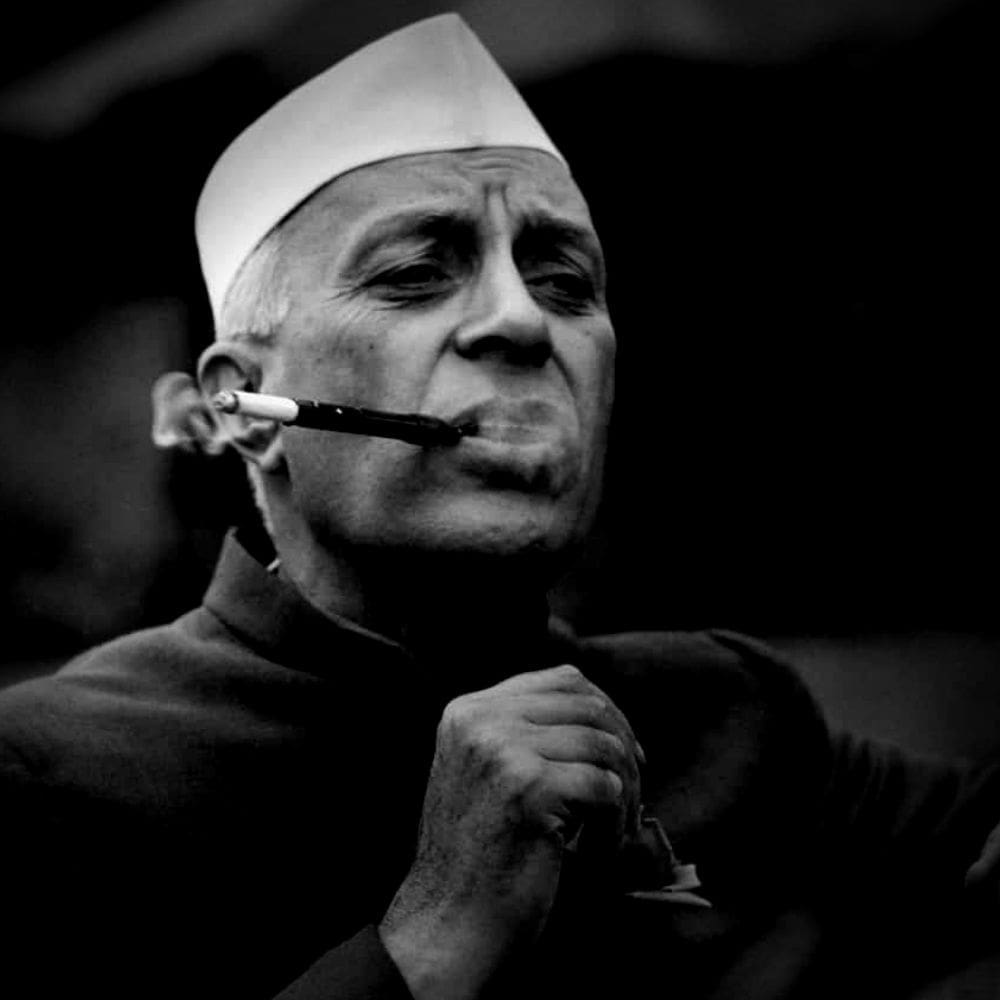NO WORTHWHILE POLICY FORMULATIONS!
Nehru, Gandhi and other Congress leaders had all the time in the world prior to independence to formulate all relevant national policies for the post-independence period. But, did they do so? NO. From 1915 onwards, when Gandhi returned from South Africa, the top Gandhian leaders had 32 long years till independence in 1947 to study, discuss, argue, and thrash out all issues vital to independent India.
Yet, among the greatest weaknesses of the Freedom Movement was the failure of the Congress to formulate an enlightened constitution suited to India much prior to 1947. Not just the verbose one full of legalese, but also a short lucid one readable and understandable by non-experts, like the American constitution. After independence, it should have been taught in schools as a compulsory subject.
Of course, a much greater weakness of the Freedom Movement was the failure of the Congress to formulate well thought-out policies on economy, finance, taxation, agriculture, industries, education, science and technology, culture, language, administration, law and justice, internal security, external security, foreign policies, and so on, well in advance of the freedom in 1947. They should have also studied how the Western nations, especially the US, had managed to drastically reduce poverty, and became prosperous, and how India could emulate them after gaining freedom. Even if there could not be agreement on various issues, differing options with their pros and cons, along with practical examples from various countries, should have been documented as a guide for future. Expert teams should have been formed with such an end in mind. Finance for the study-teams should have been arranged. There was enough talent to deploy. There were enough financiers like Birla and others to back them. There was no dearth of time or money.
Most of the leaders who were jailed over long periods had the additional advantage of undisturbed time at their disposal to read, study, think, discuss and thrash out details on various aspects related to the future constitution and policies. Twelve top Congress leaders—Vallabhbhai Patel, Nehru, Maulana Azad, Kriplani, GB Pant, Pattabhi Sitaramayya, Narendra Dev, Asaf Ali, Shankarrao Deo, PC Ghosh, Syed Mahmud, and Hare Krushna Mahtab—were in Ahmednagar Fort jail for about three years from 1942 to 1945 as VIP-prisoners. But that overlong period of three years generated no short or detailed plans or policies or expert-studies on anything of relevance to the immediate or mid-term or long-term future of India, or even on the burning problem of the day: way forward towards freedom! Gandhi, Nehru, Patel, and other top Congress leaders spent a number of years in the British jails where (unlike the revolutionaries and others who were whipped or tortured, and were deprived of the basic facilities) free from any compulsory labour or torture or hardship, they had the facilities of reading and writing and discussions. Yet, they hardly produced a work which could be considered of worthwhile practical use and implementation after independence.
In jail, Gandhi indulged in his fads of naturopathy, nutrition, fasting, enema, and medicinal quackery; and in flood of words through innumerable letters and articles that didn’t really contribute much to what really mattered. When not in jail, Gandhi enjoyed playing dictator in his ashrams making life difficult for the inmates, and engaging people in all kind of time-pass activities like spinning yarn and so on.
Collected works and other writings of Gandhian leaders, including Gandhi and Nehru, contain no serious discussions on any of the crucial topics listed earlier, and the most critical of all—the economic policies. It was as if they had no interest in ascertaining how to make India prosperous after independence. It was as if Adam Smith, Milton Friedman, Friedrich Hayek, and host of other notable economists did not exist for them. It was as if the study of economics and how to manage a modern state was irrelevant for them.
As became obvious during Nehru’s post-independence era, despite “Glimpses of World History” India miserably failed in foreign affairs, defence and external security, and despite “Discovery of India” India failed to discover its forte, and became a basket case. Other leaders didn’t help much either in defining well before independence what India’s future policies should be. That gave Nehru a free ride; and he royally blundered unchecked. Of course, Patel was able to limit Nehru’s blunders as long as he was alive.
Wrote Rustamji: “Another shortcoming that could be mentioned is that in those years we did not think that the freedom would come so soon [Given Gandhian methods, independence was always a distant dream—and when it finally came, it was NOT thanks to Gandhi-Nehru-Congress: pl. check Blunder#12]. So, we never prepared, studied or made arrangements for running governments in the proper way.”
Commented Nirad Chaudhuri very appropriately: “…In the Indian nationalist movement there was not only a total absence of positive and constructive ideas, but even of thinking. These shortcomings were to have their disastrous consequence in 1947… The intellectual poverty of the nationalist movement gradually became intellectual bankruptcy, but nobody perceived that because the hatred of the British rule left no room for rational ideas… Over the whole period with which I am dealing [1921-52] none of them [Gandhi, Nehru…] put forth a single idea about what was to follow British rule… What was even more astonishing, none of these leaders were qualified to put forward any positive idea because none of them had any worthwhile knowledge of Indian history, life, and culture…”


